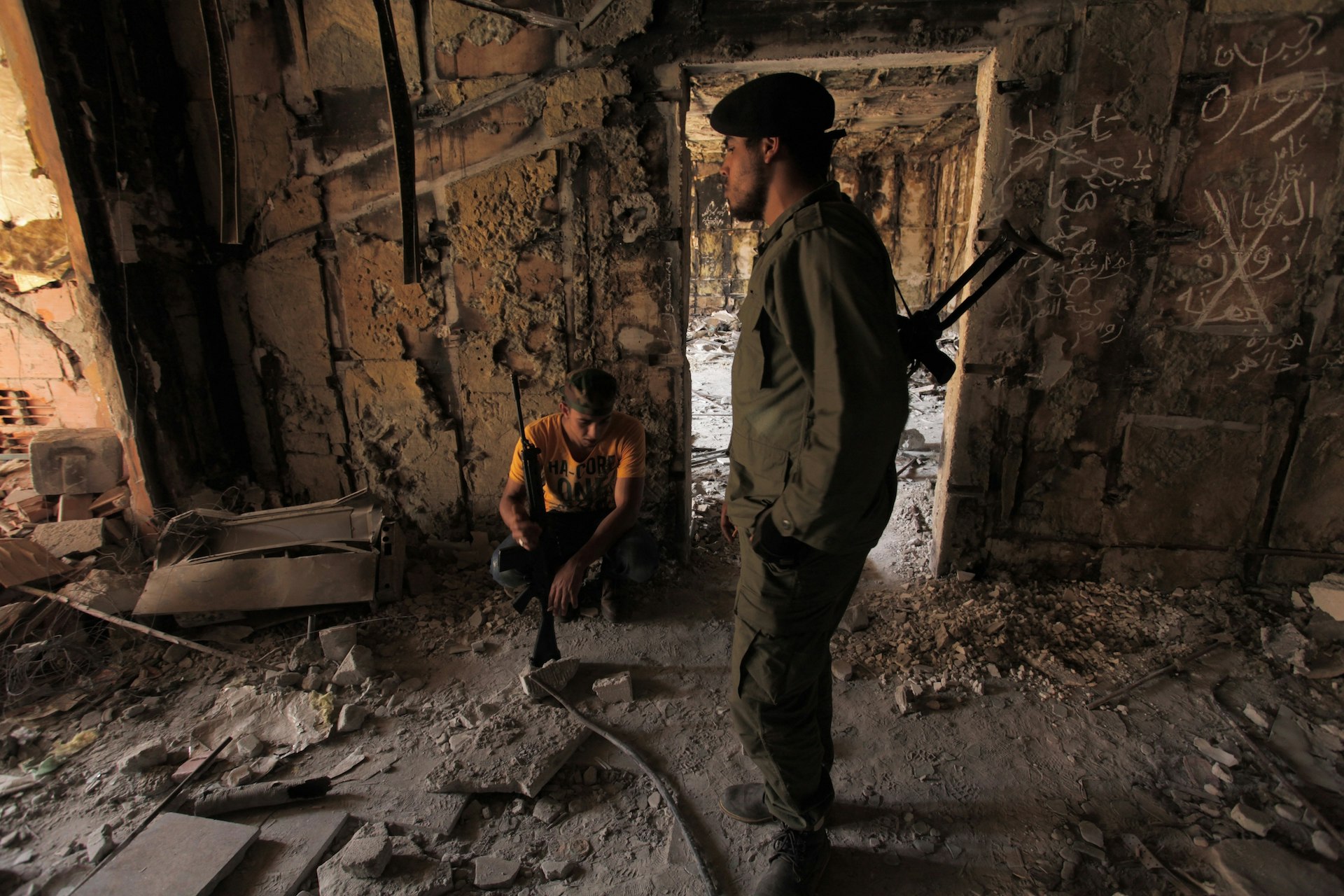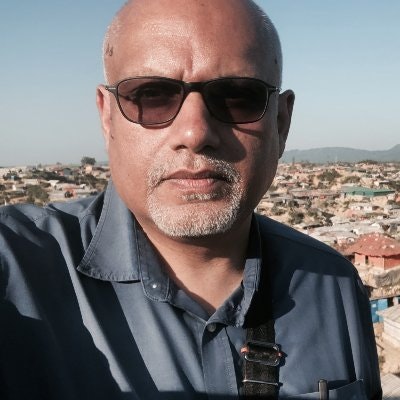About

Gaddafi's drawing room, Bab al Aziziya, Tripoli
Shafiur Rahman is a journalist and documentary filmmaker dedicated to uncovering complex and underreported stories. His current focus is on Rohingya and Myanmar issues, where he combines investigative journalism with visual storytelling to amplify marginalised voices and expose systemic injustices.
Career Highlights
Rahman’s work spans diverse communities and issues. He has directed and produced acclaimed documentaries on garment workers, the Bihari community of Bangladesh, and the indigenous people of the Chittagong Hill Tracts. His documentary work includes collaborations with international broadcasters like RAI 3. Notably, his contribution to "Made in Italy" won the prestigious Pietri Di Donato award in 2015 and the Aretè prize in 2014.
In 2018, his documentary Testimonies of a Massacre: Tula Toli, which highlighted the preplanning of operations by the Myanmar military during the Rohingya genocide, premiered at the Sheffield Docs Festival. It gained coverage on BBC, CNN, and other outlets and has been featured at numerous festivals worldwide. His short film, No Need to Hide Our Faces, a poignant account of Rohingya women’s struggles, won a prize at the Social Justice Film Festival.
Focus on Rohingya and Myanmar Issues
Since 2016, Rahman has dedicated his work to Rohingya and Myanmar-related journalism. His articles and documentaries delve into the political, humanitarian, and social complexities of the region. His investigative and opinion have been published in outlets such as The Guardian, The Washington Post, The Diplomat, Dhaka Tribune, Southeast Asia Globe, The Daily Star (Bangladesh), Democratic Voice of Burma, and The Quint, among others. As a columnist for Dhaka Tribune and DVB English, he offers in-depth perspectives on current affairs.
Advocacy for Press Freedom
In June 2024, the Committee to Protect Journalists (CPJ) published a piece detailing the harassment Rahman faced, highlighting the risks involved in his investigative work. Titled U.K.-based journalist Shafiur Rahman decries Bangladesh authorities' harassment by proxy, the article highlights the systemic pressures journalists face while holding power to account. Rahman attributes these challenges to his uncompromising reporting on sensitive topics like the Rohingya’s systemic abuses in Bangladesh, life in No Man’s Land, and the controversial Bhasan Char resettlement project. PEN America’s Writers at Risk database recognises Rahman as a displaced/in-exile journalist targeted through systemic harassment.
Rohingya Photography Competition
During the lockdown of 2020, Rahman initiated the Rohingya Photography Competition (RPC) for Rohingya refugees. This project provided refugees with a platform to express their experiences through photography. The competition’s success led to exhibitions in numerous cities across Europe, including Venice, Lampedusa, Oxford, and at the South Asia Gallery in Manchester. Beyond showcasing talent, RPC also held organisations accountable for using photos by Rohingya refugees without permission and advocated for the rights of the photographers.
Mission and Vision
Through his work, Rahman seeks to bridge gaps in understanding and bring critical attention to issues of injustice and marginalisation. Whether through in-depth investigative journalism or evocative documentaries, his storytelling sheds light on human rights abuses and fosters global awareness.
Collaborations and Features
Over the course of his career, Rahman has collaborated with a wide range of organisations and media outlets, including:
CNN
Italian TV channel Rai3
Mediaset
Dow Jones
MarketWatch
Financial News
National Health Service (NHS) UK
Danwatch (Independent Danish Media Organisation)
Danish TV channel DRTV
Al-Falah (Bangladeshi NGO)
And others.
Sign up to Shafiur Rahman's newsletter:

